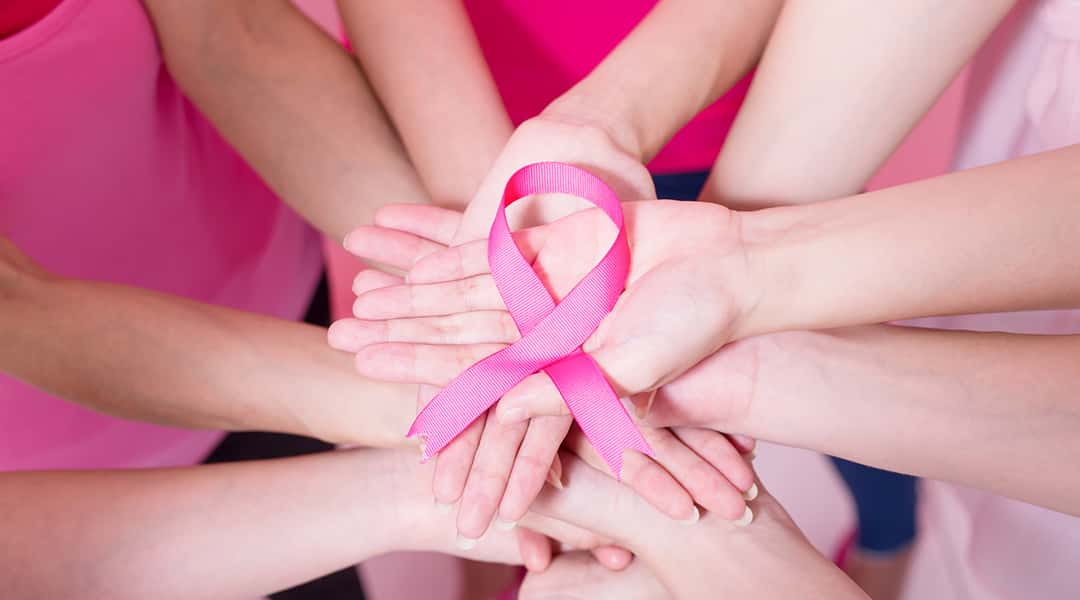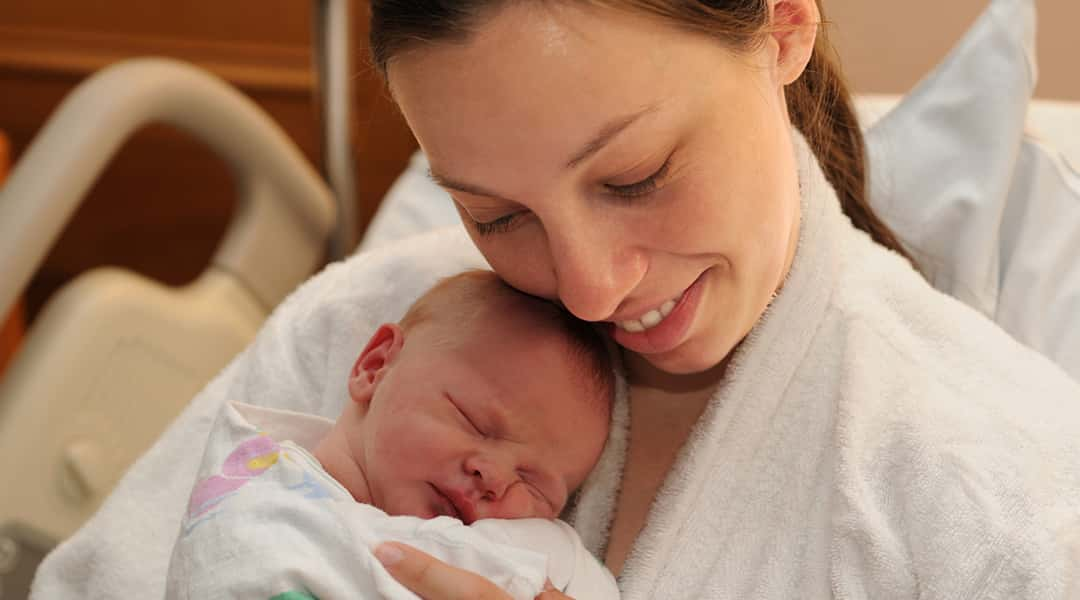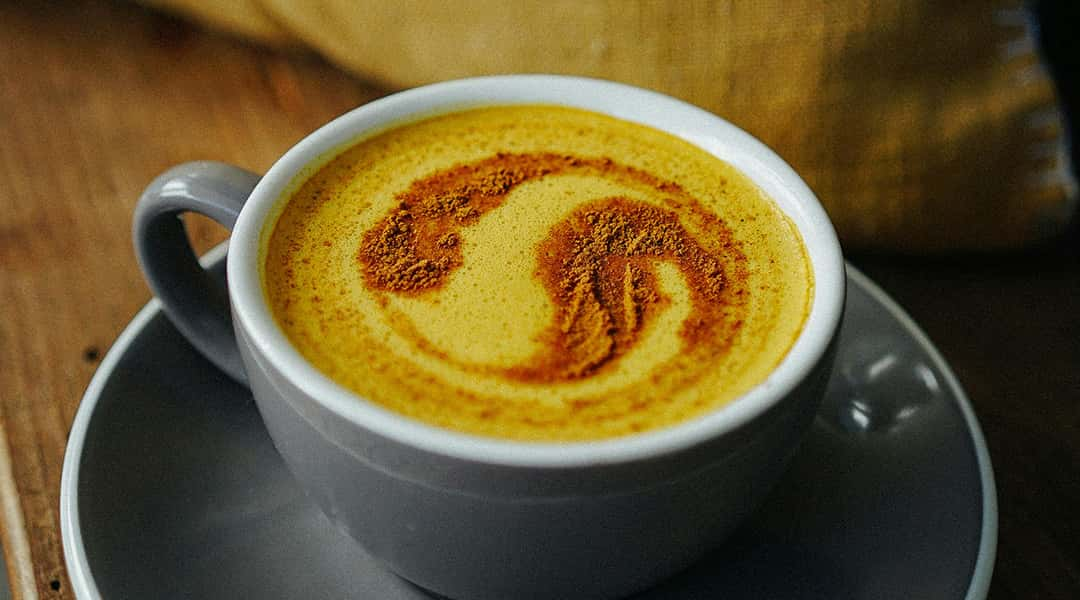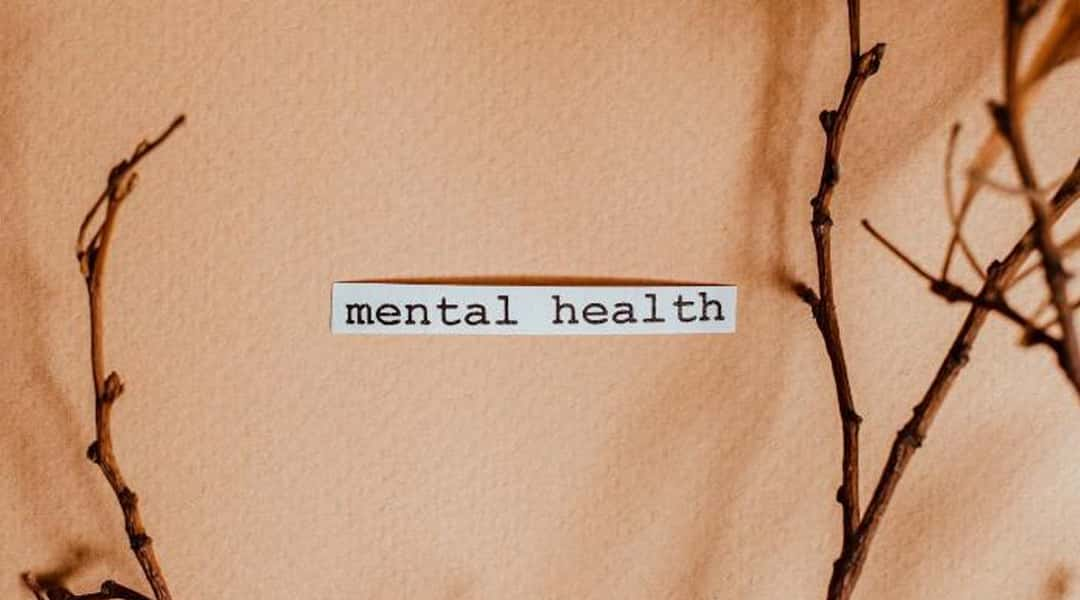Top 5 Ayurvedic Secrets to Cancer Prevention
Top 5 Ayurvedic Secrets to Cancer Prevention

Cancer, a word that evokes uncertainty and fear, has become one of the most formidable health challenges of our time. Yet, within the folds of Ayurveda, the ancient science of life and longevity, lies a philosophy that inspires hope: the belief that balance is the cornerstone of health and that disease, including cancer, thrives in its absence.
What if we told you that by aligning with nature’s rhythms, nurturing your inner vitality, and understanding the subtle signals of your body, you could build a fortress against such illnesses? The wisdom of Ayurveda offers a tapestry of practices, not just for prevention but for cultivating a life brimming with vitality and harmony. Let us unfold the Ayurvedic approach to cancer prevention—a journey as enlightening as it is transformative.
A Journey to the Root: Understanding Disease in Ayurveda
In Ayurveda, the origins of disease are deeply rooted in the accumulation of toxins (“ama”) and an imbalance in the three doshas: Vata, Pitta, and Kapha. These disturbances often stem from a disconnection—from our natural surroundings, our inner rhythms, and our state of mind. Chronic inflammation, cellular dysfunction, and oxidative stress, recognized in modern science as precursors to cancer, are seen in Ayurveda as the outcomes of this disharmony.
To prevent such disharmony, Ayurveda doesn’t just treat symptoms; it delves into lifestyle, diet, environment, and emotions to create a holistic strategy for well-being.
1. Agni: The Flame of Life
At the heart of Ayurvedic health is “Agni,” the digestive fire. Agni is not merely about digestion; it governs transformation on every level, ensuring that what we consume—food, emotions, experiences—is assimilated into energy and vitality. A sluggish or erratic Agni can lead to the buildup of ama, creating a fertile ground for disease.
Daily Practices to Nurture Agni:
- Begin your mornings with a ritual: sip warm water to gently awaken Agni and clear residual toxins.
- Honor mealtime as a sacred pause; eat mindfully, avoiding distractions, and give thanks for the nourishment.
- Incorporate seasonal spices like cumin, coriander, and ginger, which gently stoke Agni and support digestive balance.
2. Detoxification: Aligning with Nature’s Cycles
Nature itself embraces cleansing; seasons transition, rivers flow, and winds change direction. Ayurveda invites us to harmonize with these rhythms through regular detoxification practices that prevent the stagnation of toxins.
Seasonal Detox Routines:
- As spring and autumn usher in seasonal shifts, listen to your body’s needs and adopt a detox regimen accordingly. Light detoxes with leafy greens, warm broths, and herbal teas can support cellular renewal.
- Engage in Abhyanga, the art of self-massage with warm oils. This not only detoxifies but also nurtures the nervous system, fostering resilience.
- Embrace the practice of fasting—gentle and appropriate for your constitution—to allow the body to reset and rejuvenate.
3. The Dance of Immunity: Strengthening Ojas
In Ayurvedic thought, “Ojas” is the essence of vitality, the subtle energy that governs immunity, stability, and radiance. When Ojas is depleted, the body becomes vulnerable to disease. Cultivating Ojas is less about “boosting” immunity and more about nourishing it in a sustainable, balanced way.
Nourishing Ojas Through Lifestyle:
- Prioritize restorative sleep by creating a calming bedtime ritual. Disconnect from screens and immerse yourself in quiet reflection or gentle breathing practices.
- Relish foods that are wholesome, fresh, and alive with prana (life energy): vibrant fruits, nourishing grains, flavour-enhancing herbs, and vegetables.
- Seek joy in simplicity: a walk amidst nature, heartfelt laughter, or time spent with loved ones. These intangible elements are profound builders of Ojas.
4. Harmony in Mind and Spirit: Addressing Stress
The mind’s state has a profound impact on physical health. Chronic stress, anxiety, and emotional turbulence disturb the body’s equilibrium, creating pathways for illness. Ayurveda’s approach to mental well-being is deeply integrative, offering tools to calm the mind and ground the spirit.
Rituals for Emotional Balance:
- Explore meditation practices that resonate with you—be it the silent stillness of mindfulness or the rhythm of mantra chanting. Both cultivate a serene mindscape.
- Practice Nadi Shodhana (alternate nostril breathing), a technique known to balance the nervous system and enhance mental clarity.
- Surround yourself with uplifting environments: declutter your space, bring in fresh flowers, and infuse your home with soothing aromas like sandalwood or lavender.
5. Food as Medicine: The Ayurvedic Plate
Ayurveda regards food as the most accessible form of medicine. The focus is not just on what we eat but how, when, and why we eat. A personalized diet, mindful of one’s dosha and the seasons, becomes a powerful ally in disease prevention.
The Ayurvedic Plate for Balance:
- Favor fresh, organic, and minimally processed foods. Seasonal fruits and vegetables, whole grains, flavour-enhancing herbs, and spices create a symphony of nourishment.
- Balance tastes (sweet, sour, salty, bitter, pungent, and astringent) in every meal to maintain optimal Agni and harmony of Dosha.
- Avoid extremes—overeating, skipping meals, or relying on heavily processed foods—as they disturb Agni and create imbalances.
An Ancient Science for Modern Living
Ayurveda’s secrets are not locked in ancient texts or distant monasteries; they are woven into the fabric of daily life. The wisdom of this timeless science reminds us that prevention is not a one-time act but a continuous dance with balance. By honoring the body, mind, and spirit’s innate connection, we can create an environment where health thrives and disease finds no foothold.
As you journey through life, let Ayurveda be your guide—not just as a science, but as an art of living beautifully and harmoniously. Embrace its principles, integrate its practices, and discover not just the absence of illness but the presence of radiant vitality.
A Note of Reflection:
Health is not a destination but a journey. Each choice, each ritual, and each mindful act brings you closer to a life of balance and joy. May this ancient wisdom inspire you to walk your path with grace and awareness.
Speak with our team at ASHAexperience to explore how you can integrate these Ayurvedic principles into your life and embark on a transformative journey toward holistic well-being.
We believe in collaborative relationship-based care where our Ayurvedic Doctors, Ayurvedic Practitioner, Ayurvedic Supplement Brands, Ayurvedic Nutritionists & Chefs, Yoga, and Meditation Trainers are in sync. Contact the team who passionately works together to hold your hand in this healing journey.





